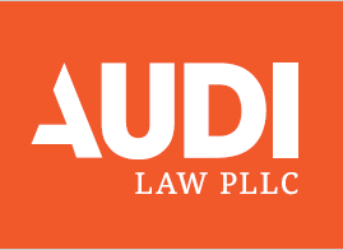If you don’t earn much income and your debts have become overwhelming, filing for Chapter 7 bankruptcy may be the opportunity you need to regain control of your finances. For those who qualify, Chapter 7 bankruptcy can serve as a gateway to a fresh financial start. Yet, because this opportunity isn’t the best debt relief option for everyone, it’s important to carefully consider your options before committing to any particular plan.
Before assessing whether Chapter 7 bankruptcy is the best option for your unique circumstances, you’ll want to make sure that you qualify for this form of debt relief. Calculating your income per the instructions provided by the courts will give you a strong sense of whether Chapter 7 relief is an option for your situation.
Pros and cons
If you qualify to file for Chapter 7 bankruptcy because you don’t earn too much income, you’ll need to carefully assess the benefits and drawbacks of this process before moving forward in any particular way.
The major drawbacks to filing for Chapter 7 bankruptcy is that your credit score is going to take a major hit until time and concerted effort build it back up and you’ll be at a very small risk of having some of your non-exempt assets sold by the trustee assigned to your case. Most filers don’t have to worry about this risk, but it is one you’ll need to consider.
The primary benefits of Chapter 7 bankruptcy are the collections activity halt inspired by the automatic stay for the duration of your case and the discharge of your qualifying unsecured debts at the end of a successful process.
If you aren’t sure of whether filing for Chapter 7 bankruptcy is the best option for your circumstances, that’s okay. Seeking legal guidance to receive personalized feedback is always an option.

